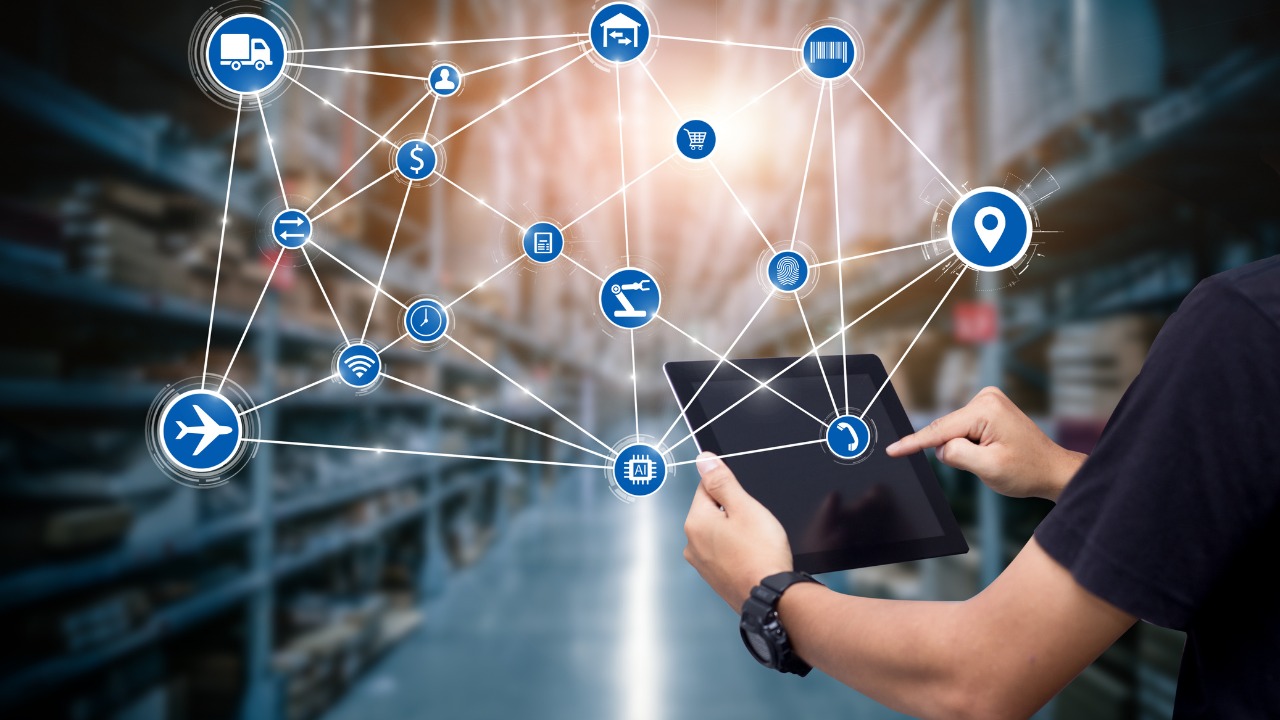The fast changing disruptions in the market and a consistent goal of rapid customer satisfaction, has led to the boundaries of logistical systems being pushed to catch on to the changing needs. The global competition has raised a dire need for rivaling companies to rethink and restructure the management of their supply chain. If you’re not aware of emerging technologies shaping the future of logistics, then read this blog.
With major global companies like Amazon or Walmart collaborating with robotics companies to automate their deliveries, the possibility of an AI powered unmanned vehicle making your everyday home delivery is exciting.
The realisation of the strategic potential of logistics has driven these companies to adopt new ways of doing business, in this technologically driven world, which are now looking to automate the major components of their logistics function that mainly involves purchasing, inventory, warehousing, shipping, packaging, etc.
Here are some exciting technologies that are shaping the future of Logistics industries –
1. Radio Frequency Identification (RFID):
This is one of the most promising technologies that has the potential to transform the way warehousing is done and make it more efficient. An RFID uses radio frequency signals to automatically identify objects, packages and even people from a distance. This technology uses RFID tags that are attached to these objects and enhances the use of bar codes by reading those codes from a distance, without having to manually scan them. The RFID tags broadcasts information about the product that they’re attached to and its location, thereby, increasing the effectiveness and overall management of the warehousing and shipment system of a Logistics company.
2. GPS Tracking:
Majority of the logistics market in the world is currently dominated by the road transportation sector. Being a satellite navigation system, GPS Tracking has a crucial use in logistics, particularly for the timely shipment and delivery of orders that is crucial to any profitable business. The GPS tracking systems installed in the delivery trucks can allow any logistics department to easily coordinate between the inbound and outbound trailers by tracking them and thus, ensuring balance of inventory as well as rapid & timely delivery.
3. Internet of Things (IoT):
With the internet connecting everyone to everyone and everything, IoT has ushered in new opportunities for the supply chain managers. IoT allows any person of concern to have a comprehensive idea about what is happening in their factory at a given moment, by monitoring and tracking the performance, inventory and production flow, etc. This
allows them to avoid risks by predicting avoidable threats as well as reduce costs in the process.
4. Unmanned Aerial Vehicles (UAV):
Probably the most exciting technology to look forward to in context of logistics – Drones, are breakthrough technologies that have the potential to overcome geographical barriers & poor infrastructure to ensure convenient delivery and tracking of packages, as well as, monitoring risky spots. Having Amazon announce its much anticipated ‘Amazon Prime Air’ and Google working on its ‘Project Wings’, UAVs appear to have a major role in the future of logistics.
5. Driverless Cars:
Much like UAVs, Driverless Cars are an exciting future to look forward to, especially for the logistics business as this technology has the potential to save extra costs and increase the efficiency of the delivery process. Additionally, the involvement of Artificial Intelligence in both Driverless Cars and UAVs also ensures productivity by optimizing delivery routes and thus, saving time.
Recent Blog: Key Logistic Trends for 2022



